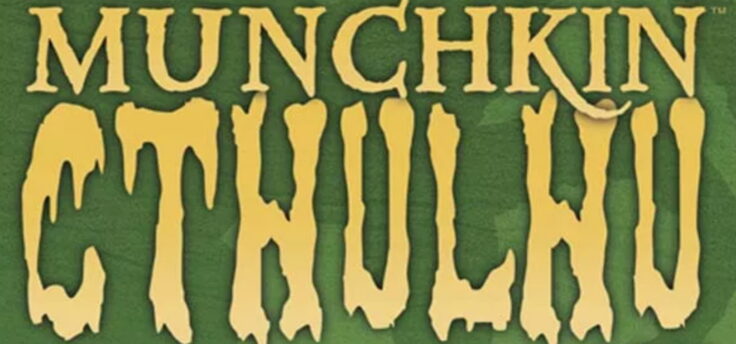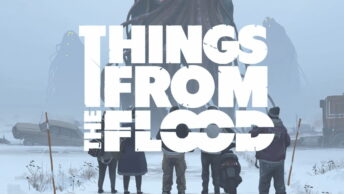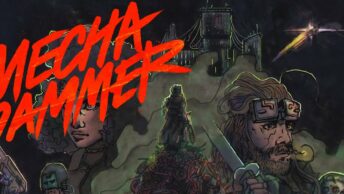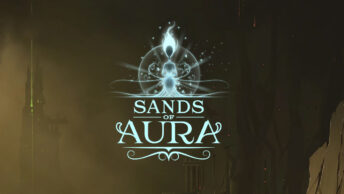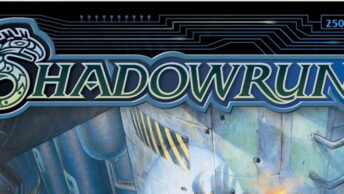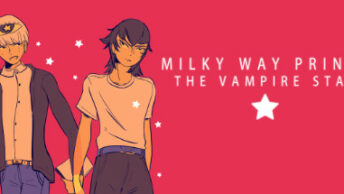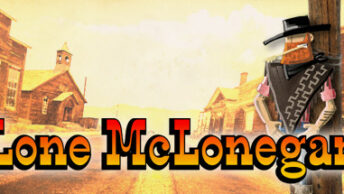Is there any board or card -game out there more divisive than Munchkin?
Type: Card game
Developer: Steve Jackson Games
Publisher: Steve Jackson Games
Release date: 2007


The first edition of Munchkin was released in 2001, and was designed by veteran game designer Steve Jackson, of Steve Jackson Games fame (not to be confused with the other veteran game developer named Steve Jackson who wrote for Fighting Fantasy. But then again, so did this Steve Jackson), it was a game that parodied tabletop RPGs particularly the ones like Dungeons & Dragons. A munchkin, for those not familiar with the term, is someone who’s a power game in tabletop RPGs, and who goes out of their way to optimize characters and tries to get every advantage they can (within the limits of the rules), and who generally views “roleplaying” as a secondary thing. And Munchkin the tabletop game were poking fun of just that sort of players, in a pretty lighthearted way.
Munchkin was a smash hit and soon thereafter Steve Jackson Games released a large number of expansions and spinoffs. This is a review for one of those spinoffs, a game that, as you would guess, pokes fun of the works of H.P. Lovecraft. All versions of the Munchkin card games that are based on the original Munchkin are compatible with each other (there’s a trading card game based on Munchkin that’s not compatible), so you can combine them into an unholy mess if you want to, with ninjas, storm troopers, duck tales characters and pirates, but this review will focus on just Munchkin Cthulhu, even if most of what will be said here would apply to any other version of the game.
Munchkin is a card game with light rules where your goal is to kill monsters, get cool loot and reach level 10 before anyone else. This is done through a combination of luck, negotiation with other players and backstabbing. The game is for at least 3 players, two is possible, but not recommended, and anything above 6 becomes unwieldy.
All cards shown in this review are from the first printing of Munchkin Cthulhu.
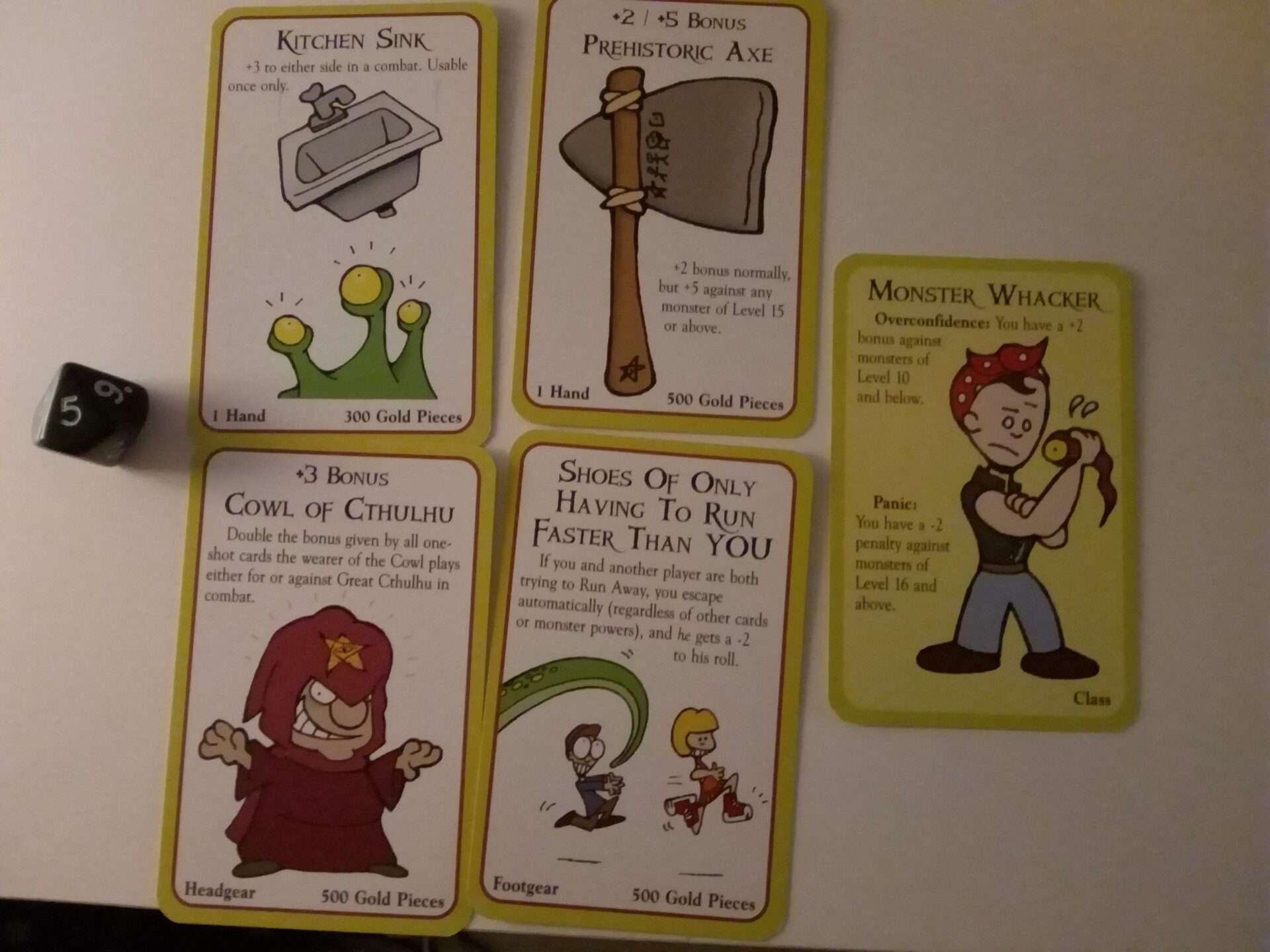
The Goal of the Game
The goal of any version of Munchkin is to get your character to level 10. This is primarily done in two different ways, killing monsters and playing cards that lets you gain a level. The final, winning, level always needs to be done by killing a monster. Munchkin Cthulhu also adds in an alternative victory condition, everyone becomes a cultist, and when that happens the winner will be the highest level cultist(s). The second to last person to become a cultist also gains a free level, which can win them the game.
In order to reach level 10 you need to make pacts with other players to bring down larger monsters, and try to snag as much good loot as you can get your grubby hands on, all of this while making sure that no other player gets too far ahead.
The Rules
Munchkin has pretty simple rules. There are two decks of cards on the table, one called the door deck and the other the treasure deck. At the start of your turn you draw a card from the door deck and show it to everyone. If it’s a monster you fight it, if it’s a curse you’re cursed and whatever bad thing it says on the card will happen, if it’s anything else you’ll get to either keep the card on your hand or immediately play it. If you were not cursed or ran into a monster you may now either play a monster from your hand and immediately fight that, or draw another card from the door deck and add it to your hand (this time you don’t have to show it).
If you were (un)lucky enough to draw a monster you have to fight it. Every monster have a level and you just need to overcome it with your level plus any items you have equipped. Kill the monster and you get number of treasures (it will say on the card how many) and you go up a level. And here’s where the main interactions in the game come in. If you can’t fight the monster on your own you can ask another player to help you with it, though most people will want something in return, say all the treasures the monster drops when it’s defeated. Anyone helping just adds their level and equipment to yours. There are also single-use cards that can be played on the monster or one of the players to strengthen or weaken them, and this effectively adds and subtracts levels. There’s also the dreaded “wandering monster” card that can be used to add more monsters to a fight and now you suddenly need to beat two monsters. If the monster is, or gets, too strong to be defeated anyone fighting it can choose to try and run away, and then you roll a D6, on a 5 or higher you succeed and nothing bad happens, but if you fail, then the “bad stuff” of the monster happens, which is unique to each monster. Some force you to give something to another player, or discard equipment, others will outright kill your character. And if you die, then everyone else gets to loot your corpse (meaning that the other players are allowed to steal your equipment). Death does not mean that you lose your level or class though.
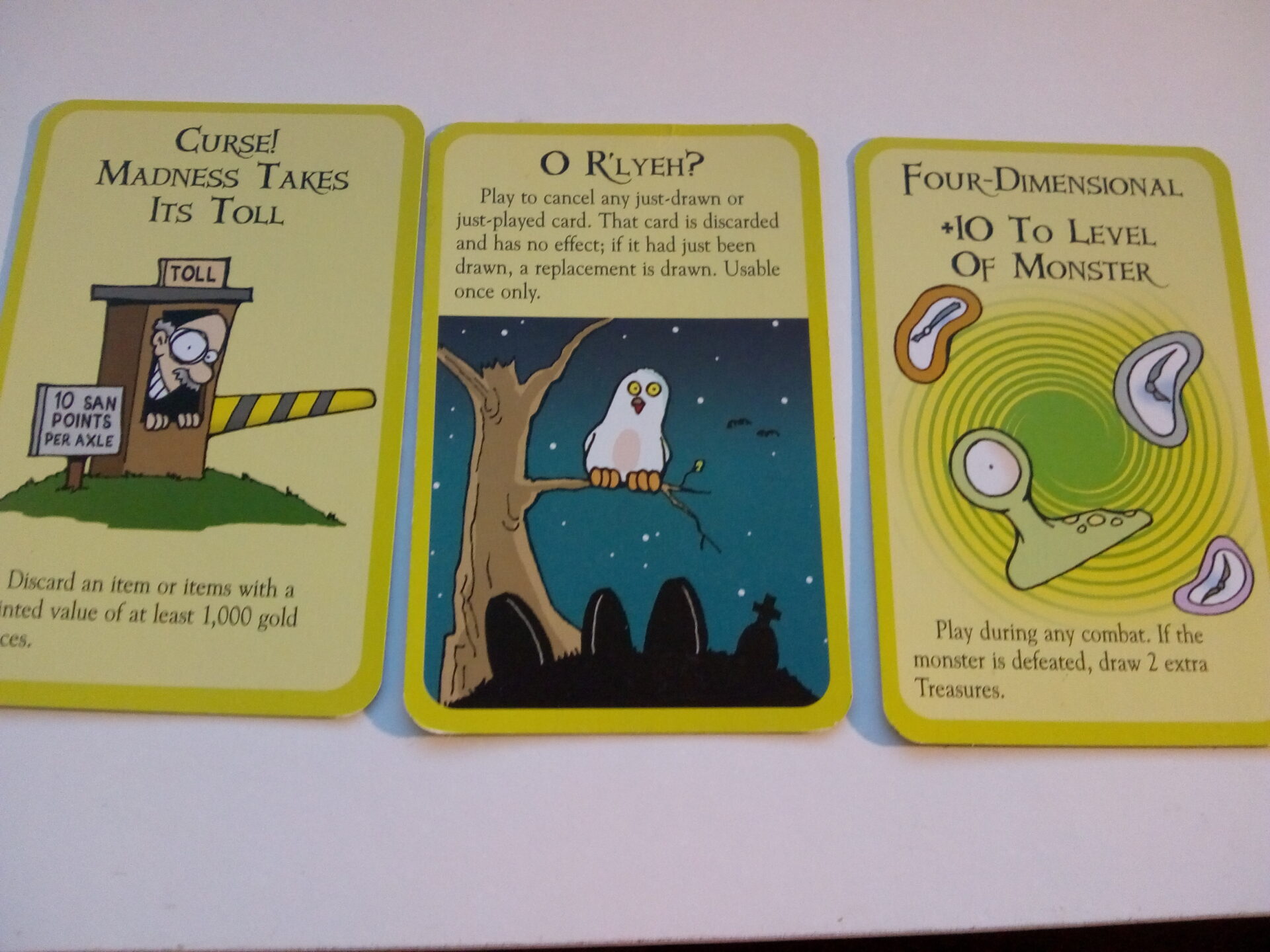
There are several ways a character can get better. The most obvious one is to gain levels by killing monsters, but in the “door deck” there are also classes that will confer special abilities. You can (normally) only have one class, and in Munchkin Cthulhu these are Cthulhu-themed ones, like Professor (can sacrifice cards to gain levels and also gains levels from running away from really awful monsters) and cultists (becomes more powerful the more other players there are who are cultists). Equipment is the other major source, and these come from the treasure deck, which you get to draw from by killing monsters. Equipment include weapons and armour (or something approximating weapons and armour) and needs to be, well, equipped. Everyone around the table can see what weapon you’re holding or what armour you have, and thus can see how strong you are. Other than that there are the above mentioned single use cards that often give a flat level bonus or penalty to your, or a monsters, level for the duration of a fight, though there are ones with more exotic effect.
That’s the core rules of the game. There are a few more special rules like if anyone is fighting a monster with a name ending in -goth you’re allowed to add another -goth monster to the fight. And there are rules for how many cards you’re allowed to have in your hand. But munchkin is not a complex game at all. And the rules work pretty well, for the most part.
There are some issues with the game though. For one the door deck has a lack of monsters in it, and you can often go several turns without drawing any monster, which is just boring (a bit over a third of all the cards in the deck are monsters). This is not really a problem with the rules per-se, but more so the ratio of different cards. On a similar note, before everyone has gained a few levels and got some equipment certain monsters are just unkillable, and drawing a level 18 monster when you’re level 2 is no fun either. The designers of the game seem to have realized that drawing super high level monsters early on might be a problem, so many of them have special rules that make it so that they won’t harm any low-level players, but that just means that drawing such a monster is a dead turn. But the worst issue with Munchkin Cthulhu, and really any game in the Munchkin family, is the end game, which can end up dragging for way too long. If someone is level 9 (level 10 is the win condition) and draws a monster, everyone else will use whatever cards they have to stop that player from winning, and this can go on for a while, as everyone will just try to gang up on whoever is about to win. Most games of Munchkin tends to end up with several people being level 9, and then the winner is just whoever draws an easy monster when nobody else has any attack cards left on their hand.
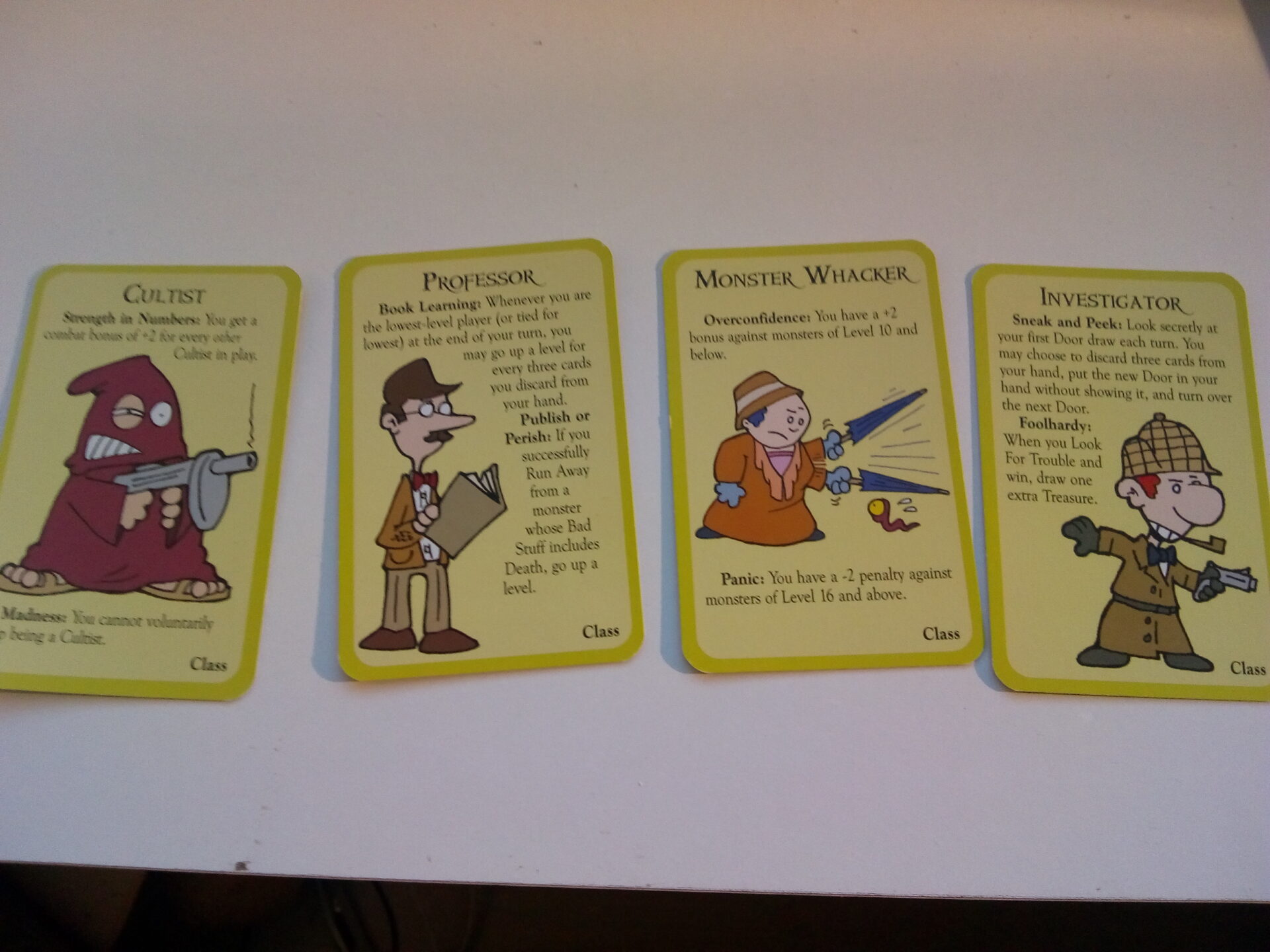
Jokes & Theme
Lovecraftian mythos is a pretty weird fit for Munchkin. After all, Munchkin is all about fighting monsters and leveling up, where as in the Lovecraftian Mythos (and most RPGs based on it, like Call of Cthulhu by Chaosium) you generally don’t want to even get near the monsters, let alone fight them. But then again, when has a weird fit ever stopped Steve Jackson game from making a new version of Munchkin? And this is far from the weirdest version. At least the Cthulhu Mythos is pretty well known and there are a lot of things in it to riff on.
The actual jokes on the cards are for the most part some kind of pun or reference based on the works of H.P. Lovecraft, and can be a bit hit or miss. There’s a couple of funny cards in here, but there are also some that relies on over-used jokes, like the “Fun Guy from Yuggoth” (is a reference to the Fungi from Yuggoth), and some just feel a bit forced, like “The King in Pink” (based on The King in Yellow). Also, the makers of the game seems to have thought that ichor is pronounced “icker” , and there are a lot of cards with jokes that relies on this weird of pronouncing ichor, like kicker ichor.
Art & Quality
Many of the Munchkin family of games are illustrated by John Kovalic, the author of the long running comic Dork Tower. His style is simple, distinct and cartoony. Some people like it, some people don’t, and you can tell from the pictures in this review if they’re something for you. His art is often highly exaggerated, and this is used for comedic effect.
Munchkin Cthulhu has no other pieces to it than the two decks of cards and a standard six-sided die. The card quality is okay. The print on them is decently high quality but the cards themselves feel a bit thin and flimsy. Not like an ultra cheap deck of cards bought at a gas station thin and flimsy, but they’re on the cheaper-feeling end of cards used in board games.
You can mix and match munchkin sets, but most of them have their own unique card backs. It makes the card sets easy to separate, but it also means that you can tell what card set they belong during play, and that’s not really ideal.
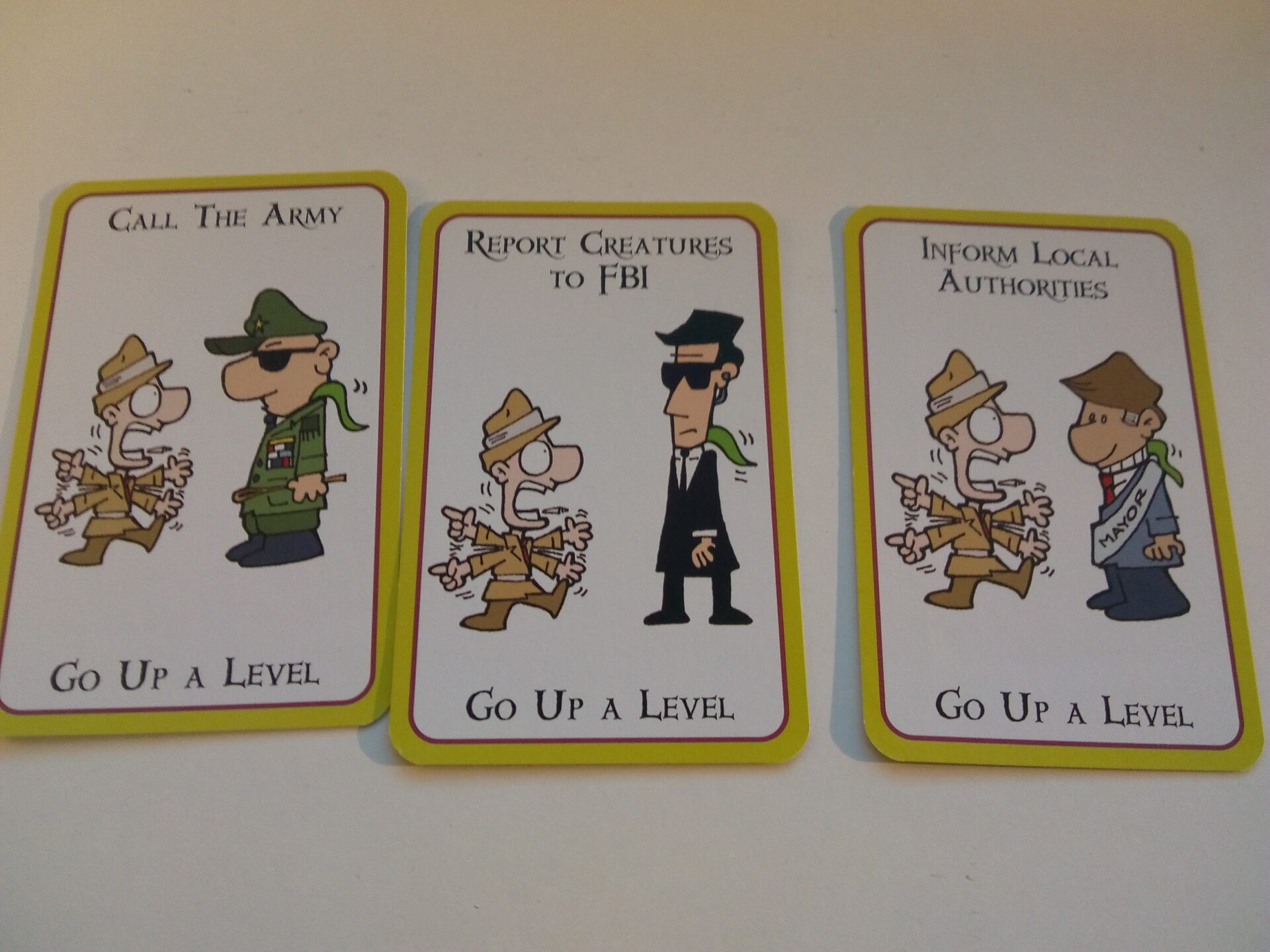
Closing Thoughts
Munchkin is one of those games that it’s cool to hate on in the board gaming community, though I don’t think the hate the game receives is quite in line with how bad it is. Don’t get me wrong, Munchkin is a flawed game, and a game of Munchkin almost always overstays its welcome, but it’s also a game that’s easy to teach new players, and it does have some funny jokes in it. And the first 45-60min of any Munchkin game tends to be fun, everyone’s actively negotiating with each other and cracking jokes, but past the hour mark the game often starts to drag. It’s not uncommon for games of Munchkin to last more than 2 hours, and that’s far too long for a game like this. And that point most players tend to just want the game to end already. Munchkin is also a game that’s more about luck than skill, and that tends to work well for quick filler games, games you play between the larger ones or when you have a bit of time to kill, but not for a game that can easily last over 2 hours.
If you’ve played Munchkin before, you know what Munchkin Cthulhu is about and how it works. The things added to this game are minor at best. The main thing that sets this version of Munchkin apart from any of the other ones is the theme, and that’s what’s going to determine if this is a version of the game that you should get, if you want to get any. If you do decide to get Munchkin, it’s best to play it with people who don’t care about winning. If nobody bothers to hold on to cards they can use attacks, and just play them at the first opportunity, the game usually ends after about an hour, but as soon as you have more than one person at the table who cares about winning and try to play strategically, that’s when the game can become a slog, and that is not a sign of great game design. So while I can’t recommend Munchkin, I don’t think it’s the worst game ever. I mean, it’s not as bad as Monopoly.

